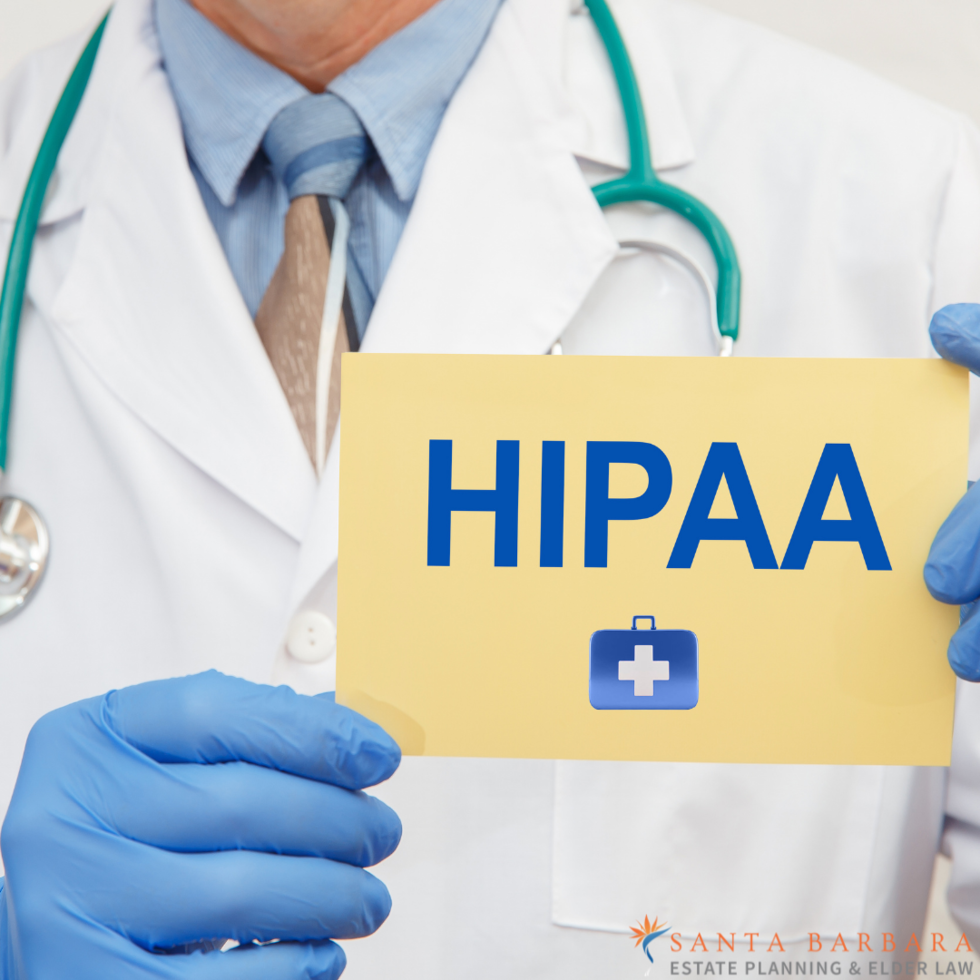The HIPAA Release: What It Is and Why You Need One

The Health Insurance Portability and Accountability Act (HIPAA) established national standards to protect the privacy of personal medical information. The HIPAA Privacy Rule sets limits and conditions on the way such information can be used and disclosed in the absence of patient authorization. The rule also provides patients with additional rights regarding their medical information, including the right to examine and obtain a copy of their health records and to request corrections to these records.
Most of us would agree that our medical information should be kept private. However, HIPAA is an example of a well-intentioned law that has led to unintended consequences and potential problems for patients and their families. Why? The penalties associated with violating HIPAA—which include civil fines, criminal penalties, and even imprisonment—often make health care providers extremely cautious about sharing medical information with anyone other than their patient. This can include spouses, children, and other close family members.
The result is that your loved ones might not be able to get information about your condition in a medical emergency. Imagine the stress and frustration your loved ones would experience if you were hospitalized and they could not obtain details about your condition, treatment, and prognosis. Similarly, you could be denied the love and support of the people closest to you at the very time you need them the most.
The good news is that there is an estate planning tool capable of helping you and your family avoid such a scenario. A HIPAA Release allows you to authorize the release of your medical information to people of your choosing. With a properly drafted and implemented HIPAA Release, health care providers will be far more likely to share information about your condition with your loved ones in a medical emergency. Which in turn will help ensure that your loved ones are able to support you in your hour of need.



